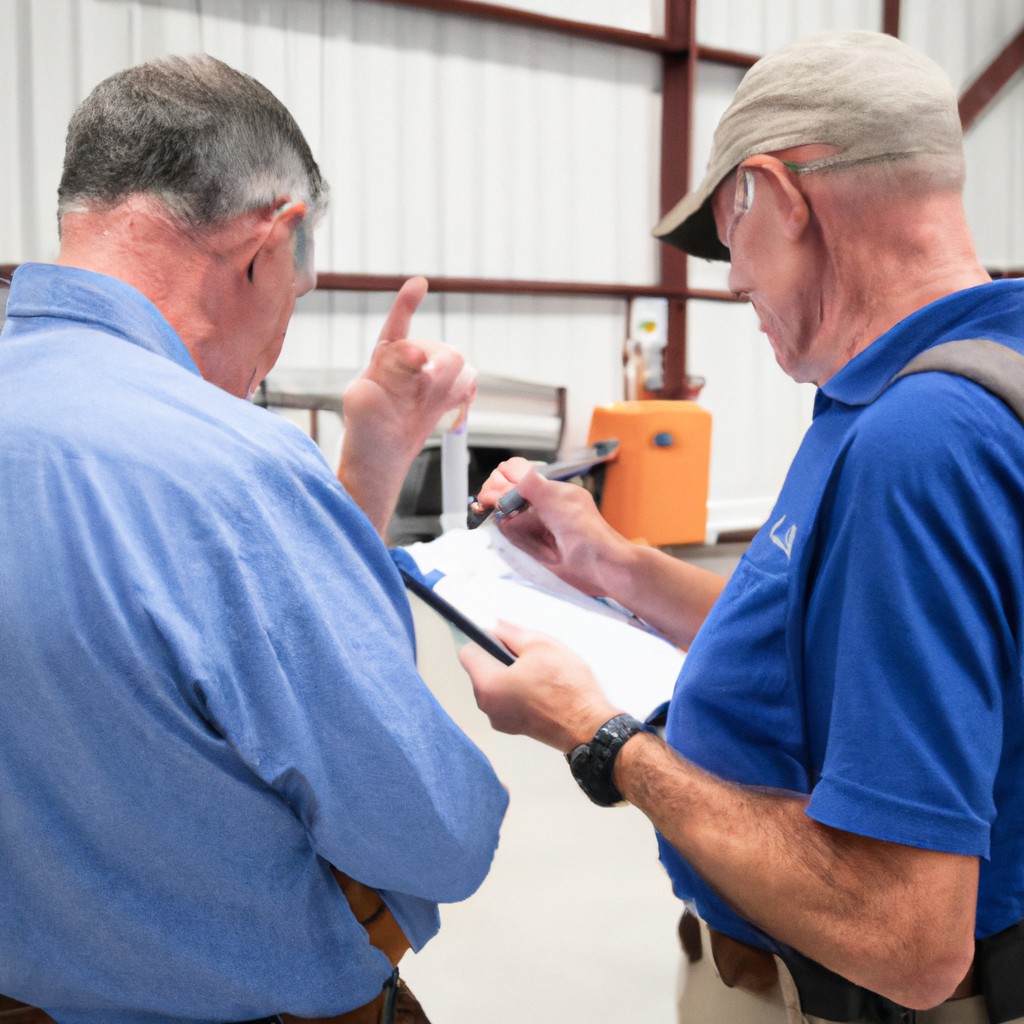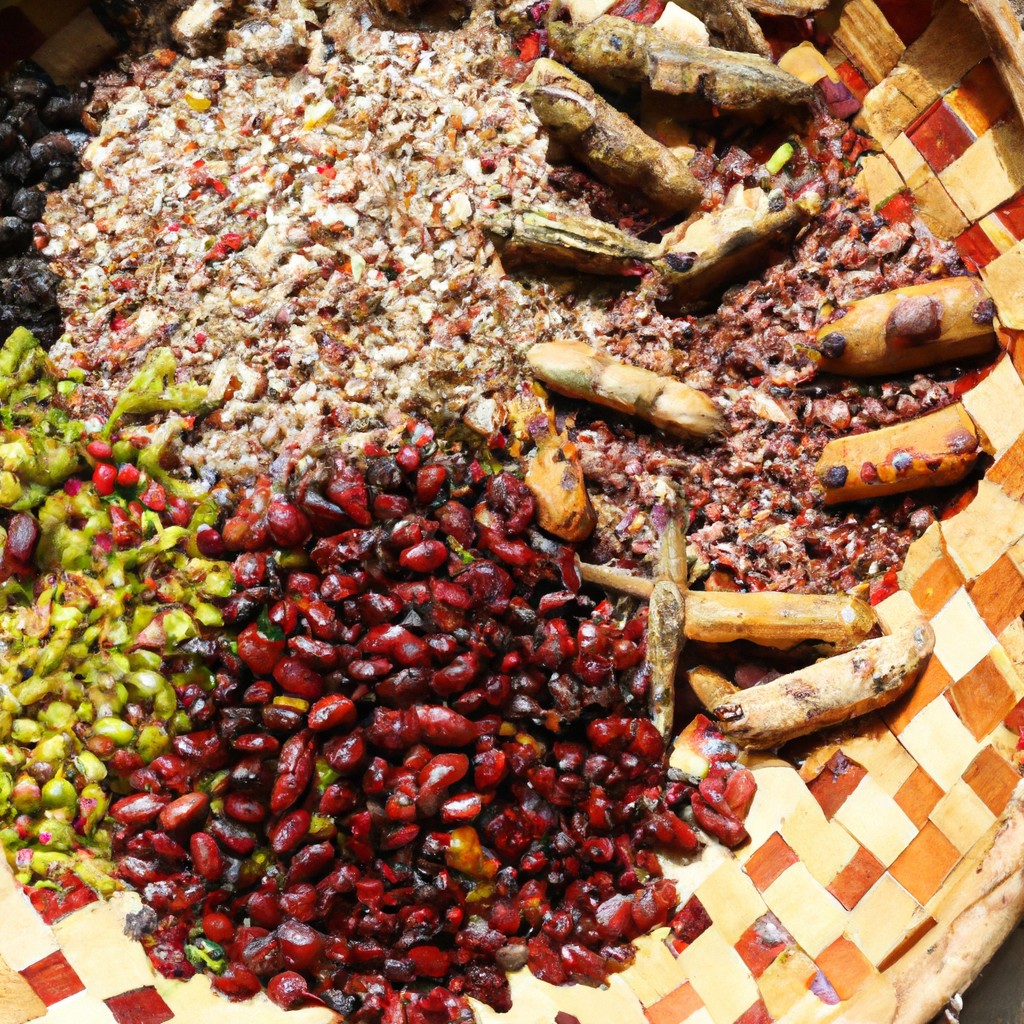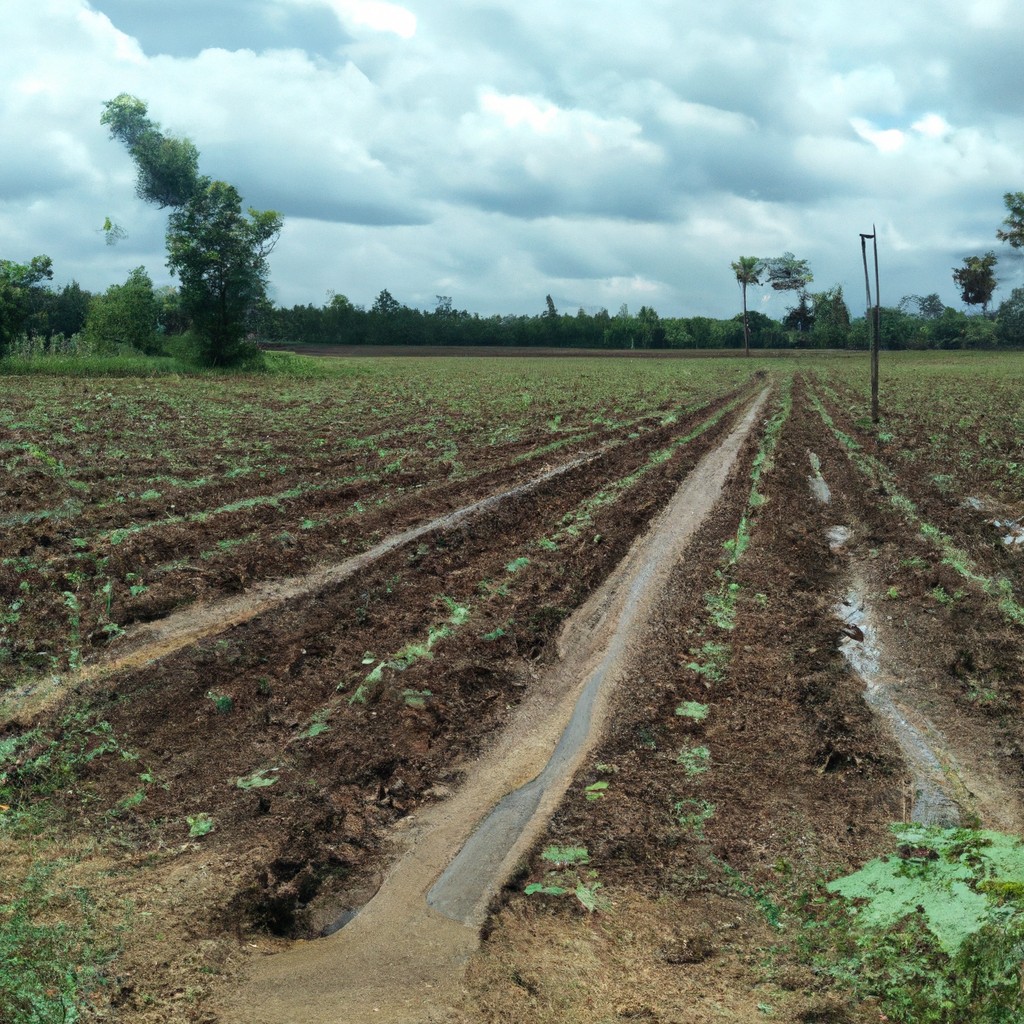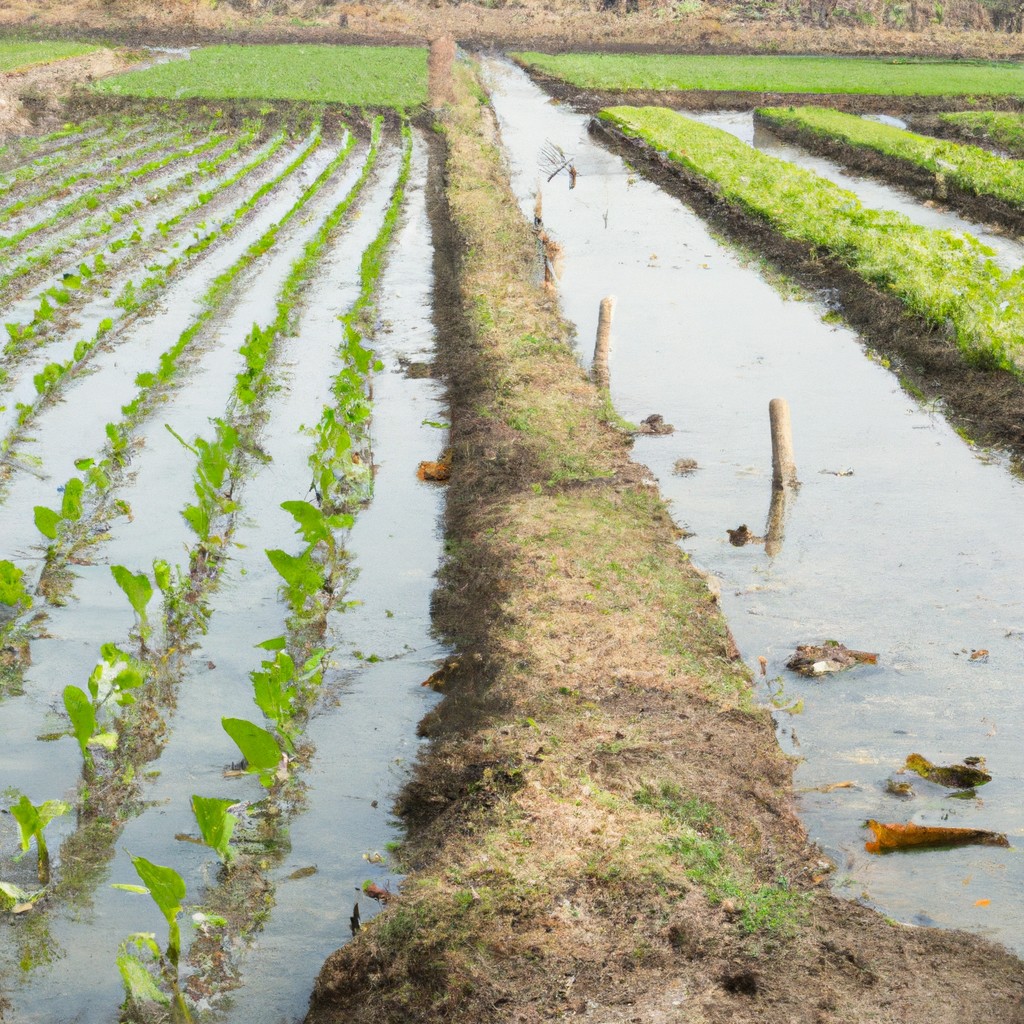Learn about the innovations and programs at Purdue University that are advancing sustainable agriculture practices.
Look Inside:
Purdue Agriculture Overview
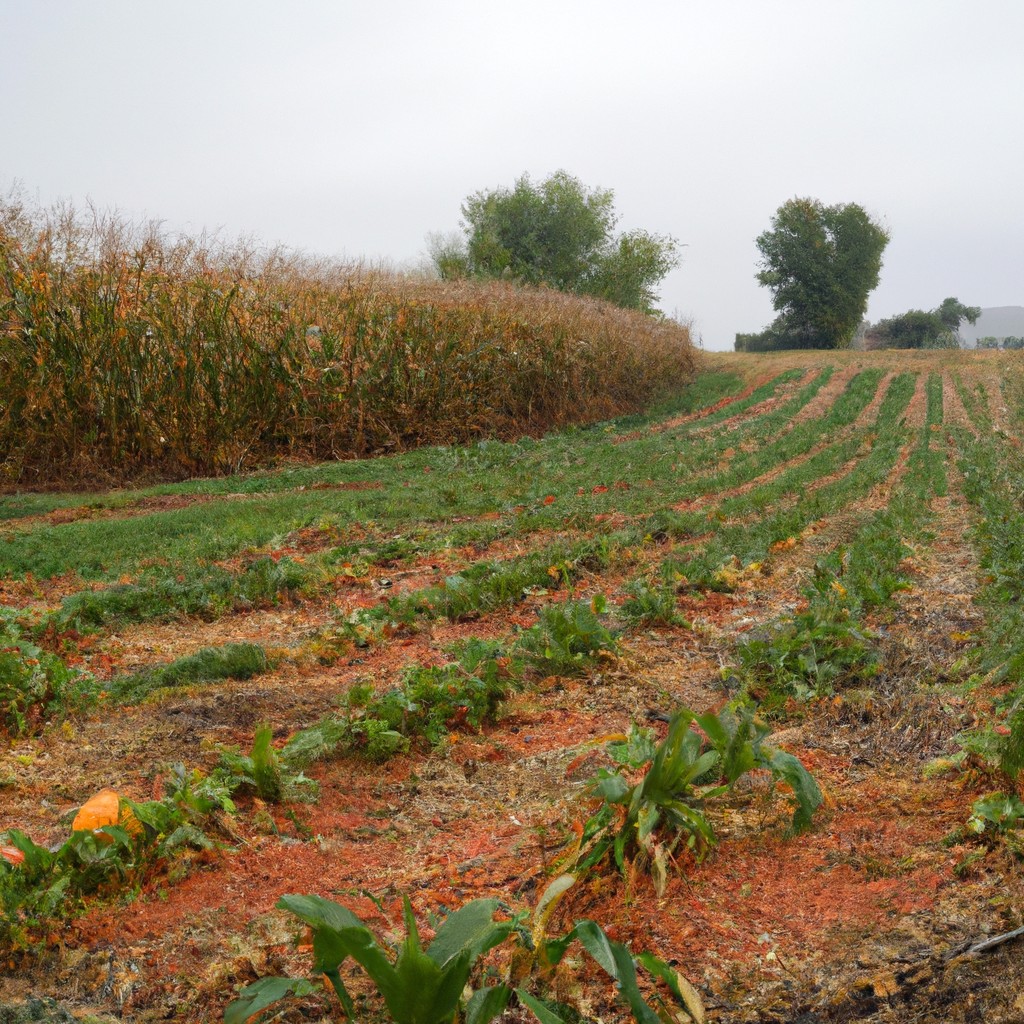
Purdue’s agricultural program stands among the pinnacle of academic and practical learning experiences. A cornucopia of knowledge, this department delves into the soil of academia and sows seeds that grow into innovative thoughts and practices. Students and researchers here engage with cutting-edge technologies and farming techniques aimed at feeding a growing population while nurturing the land.
This department doesn’t just scratch the surface; it dives deep into the nitty-gritty of plant and soil sciences, cultivating an understanding of crop production that respects Earth’s natural resources. They’re at the forefront, too, of animal agriculture, looking after the well-being of livestock with an eye on sustainability.
In agriculture economics, the program brings to the table strategies for food distribution that are as efficient as they are ethical, shaping students into future leaders who can navigate the farm-to-fork journey with a business savvy that’s ripe for today’s market.
With outreach programs, Purdue extends a hand to local and global communities, planting the flag of knowledge beyond their campus. This program is more than a classroom—it’s a field, a lab, and a global forum. It’s a place where scholarship and the hoe meet the horizon.
Agriculture Research Innovations
Delving into the cutting-edge side of farming, Purdue serves as a hothouse for agricultural science. Researchers here push the envelope, marrying technology with tradition. Think drones buzzing over fields, gathering data to predict crop health.
The soil itself has secrets, and these are being unearthed through studies in microbe management, painting a clearer picture of underground ecosystems.
Plants at Purdue aren’t just growing; they’re under genetic scrutiny. Improving resilience and yield, scientists employ plant breeding techniques honed by precision and advanced analytics.
The buzzword in pest control? Biocontrol. This method champions the use of natural predators over chemicals, a win for both crops and the environment.
Food safety is another frontier, with teams decoding the pathways of contamination to slam the door shut on outbreaks.
Each innovation stems from a simple goal: make farming smarter, not harder. This paves the way for growers to reap the benefits of efficiency and foresight, helping them stay one step ahead in a field that never stands still.
Sustainable Farming Practices
Crop rotation isn’t just a shuffle on the farm; it’s a dance with nature that keeps the soil lively and ready to grow things without a hiccup. It’s like switching up your workout routine; variety keeps the soil fit and fends off pests doing a number on your crops.
Cover crops are Mother Nature’s cozy blanket, keeping soil tucked in and erosion at bay. They’re the unsung heroes, boosting soil health between cash crops and giving weeds the old “not in my backyard” speech.
Integrated pest management, which might sound like an office job, is really about playing matchmaker between pests and their natural enemies. It’s like setting up a blind date that ends with the pests getting ghosted, naturally reducing the need for chemical warfare.
Water management practices are like giving the earth a sensible drinking plan, quenching its thirst without going overboard. Using drip irrigation or rainwater harvesting is a toast to smarter, sippable solutions for thirsty plants.
On-farm energy efficiency is less about hitting the light switch and more about the farm being its own little power plant. Solar panels and wind turbines can turn farms into renewable energy VIPs, pumping clean, green energy right back into the grid.
Diversification is the farm’s safety net. Why put all your eggs in one basket when you can mix crops, livestock, and even agri-tourism? Something for everyone means more resilience when nature throws a curveball.
Each of these practices sows seeds for a future where farms can endure, landscapes flourish, and tables remain full.
Agribusiness Degrees and Careers
Purdue University paves the way for students to flourish in the vast field of agribusiness, blending fundamental agricultural science with sharp business acumen. Graduates emerge well-equipped to navigate the business side of farming, food production, and resource management.
Degrees span from bachelor’s to doctoral levels, emphasizing critical thinking, problem-solving, and leadership skills vital for the industry. Courses cover a spectrum of relevant subjects including agricultural economics, marketing, management, and finance.
Career prospects are as diverse as the sector itself. Opportunities abound in farm management, commodity trading, food marketing, policy analysis, and beyond. Forward-thinking graduates might also venture into sustainable business models, bridging the gap between eco-conscious practices and profitability.
Internships and cooperative education programs complement classroom learning with real-world experience. Purdue students often gain hands-on expertise at leading agribusiness firms, setting the groundwork for a thriving career post-graduation.
The Future of Farming With Purdue Agriculture
Peering over the horizon, Purdue’s approach to the future of farming blends tradition with innovation. Picture this: fields that communicate, drones buzzing overhead, data analyzed at lightning speed—all culminating in a harvest that’s as bountiful as it is mindful of Mother Earth.
Let’s reel off a few key concepts driving this transformation. First, there’s precision agriculture. This is the tech-savvy cousin of traditional farming. Imagine GPS steered tractors and crop sensors that make farming less of a guesswork and more of a science. Purdue is at the tip of the spear here, pushing for smart strategies that optimize yield and soil health.
Next up, the drive for sustainability is as strong as grandma’s old-fashioned chicken soup. Through initiatives such as regenerative agriculture, Purdue cultivates farming practices that go beyond preserving the status quo—they revitalize ecosystems. These practices include crop rotation that dances with the seasons and soil management as tender as a gardener’s touch.
Purdue also stirs the pot in the genetics kitchen. Genetically modified crops aren’t just about supersizing the produce aisle—they’re about crafting hardier, more drought-resistant plants. It’s like giving crops a superpower to withstand the curveballs thrown by climate change.
Student engagement is another key ingredient. The ag students here are not just learning; they’re innovating, experimenting and prepared to be the next guardians of the food chain. They’re the fresh eyes scrutinizing old problems and the spirited minds sparking revolutions from the ground up.
Make no mistake, with Purdue’s commitment, the future of farming looks not just greener but also smarter. How’s that for food for thought?
